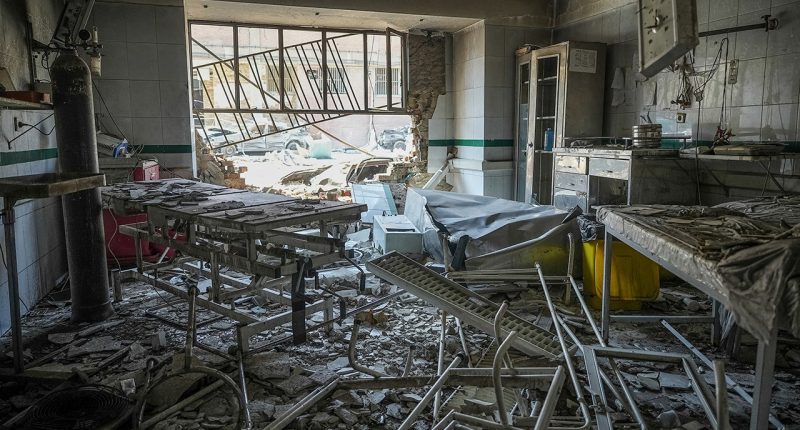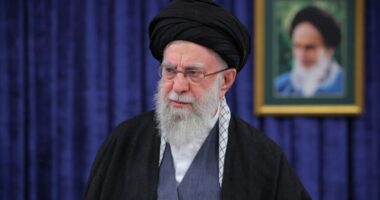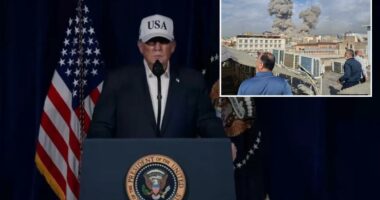Share this @internewscast.com
EXCLUSIVE – Tehran’s infamous Evin Prison director, Hedayatollah Farzadi, reportedly fled the facility in anticipation of Israeli air strikes, after receiving threats against his life and following a supposed deal involving Jerusalem and his son.
It has been alleged that Israeli officials reached out to Amir Husseini Farzadi, suggesting that if he could persuade his father to release political detainees, his father’s life would be spared from the forthcoming assault.
WhatsApp communications, provided to Fox News Digital by an Israeli intelligence source, revealed an agent urging Amir to instruct his father to open the prison gates, cautioning that the attack was imminent. Amir inquired if something had already happened to his father, to which the Israeli agent assured it wouldn’t, as long as the message was delivered.
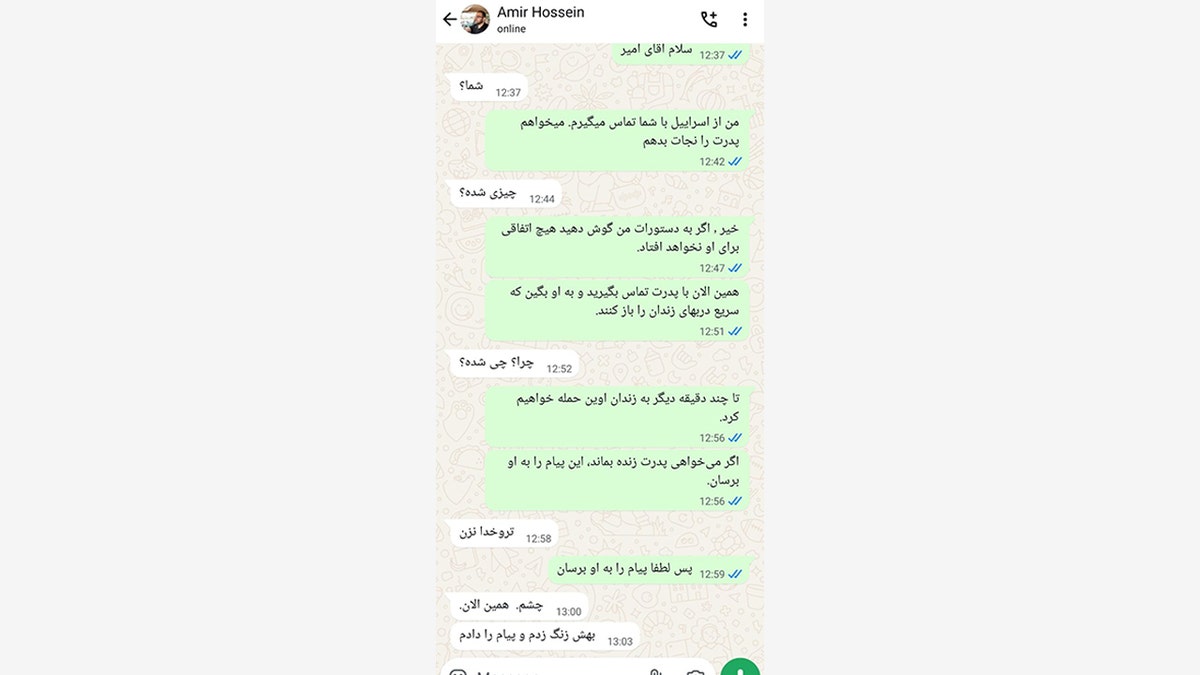
WhatsApp message allegedly between Amir Husseini Farzadi and an Israeli authority. (Courtesy)
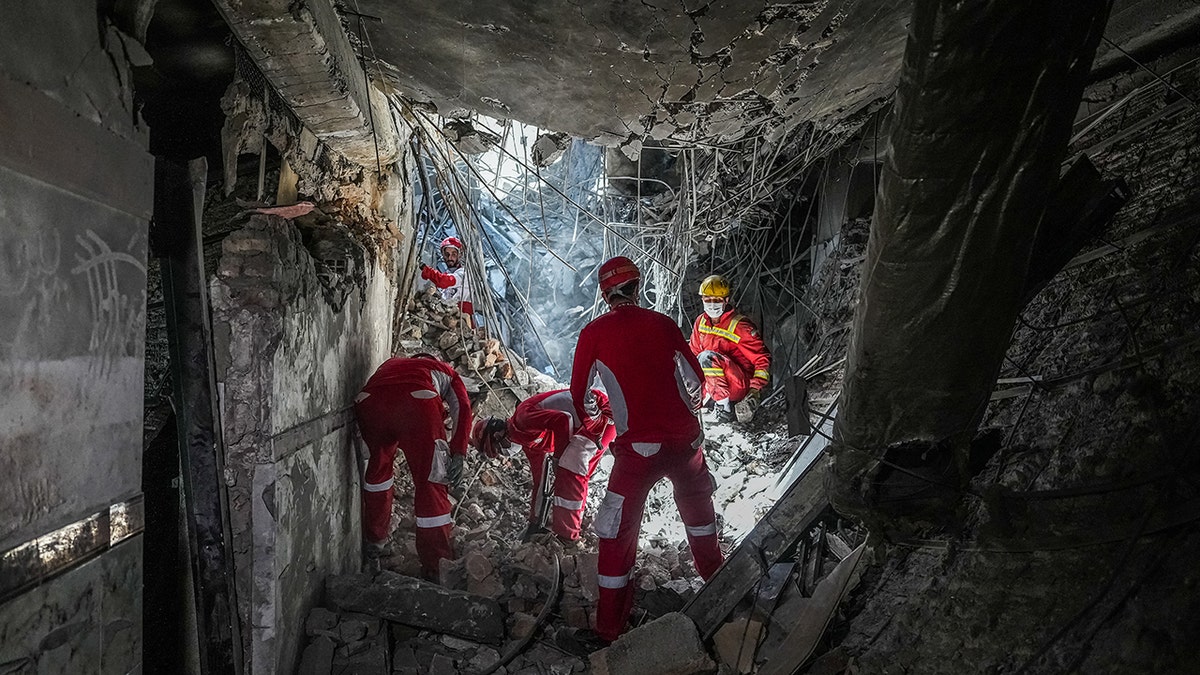
In this picture obtained from the Iranian judiciary’s news agency Mizan Online on June 25, 2025, rescuers sift through the rubble inside the Evin prison complex in Tehran that was hit days ago by an Israeli strike. (Mostafa Roudaki/mizanonline/AFP via Getty Images)
“Numerous protesters have been sent to Evin Prison during the latest round of protests where they have been subjected to torture and other forms of physical abuse,” the Treasury Department wrote in a statement.
Prior to his time at Evin Prison, Farzadi spent 10 years working at Dizel Abad Prison, where he “was known to organize public amputations of criminals convicted of petty crimes,” the Treasury Department wrote. The department also noted that during his time as director of the Greater Tehran Penitentiary, also known as Fashafouyeh Prison, Farzadi “oversaw the torture and maltreatment” of inmates.
In its April 2025 announcement of sanctions against Ferzadi, as well as other entities and individuals, the EU condemned “the use of the judiciary as a tool for arbitrary detention” in Iran. The EU also noted that Iran saw a “dramatic increase in the number of executions” in 2024, which included women, minorities and European citizens. However, the EU did not specify how many of those executed were political dissidents.
“Freedom of opinion and expression, freedom of religion or belief, as well as freedom of assembly have been increasingly restricted, and threatening measures have been taken against human rights defenders, journalists and political dissidents,” the EU wrote.
